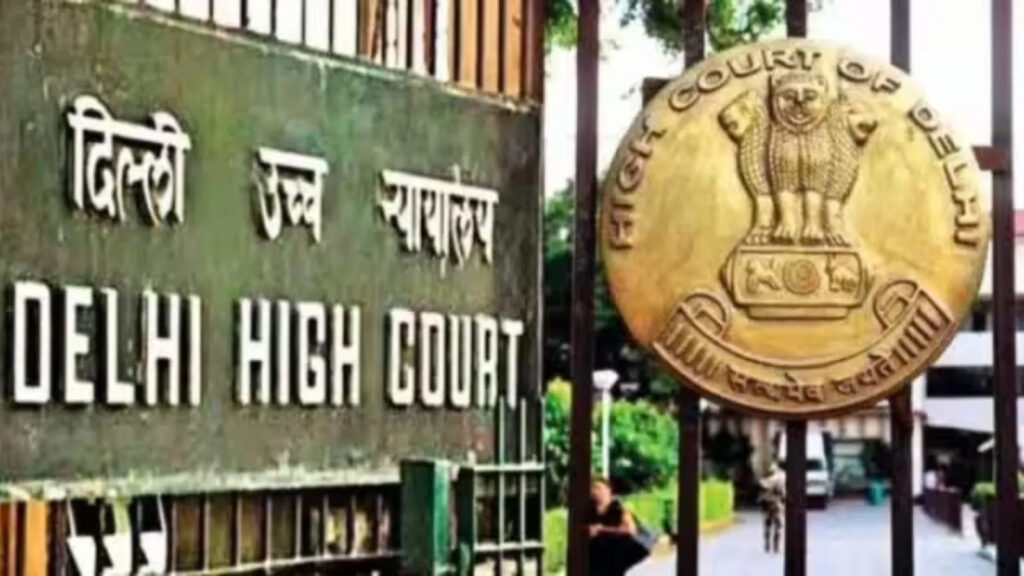Rehan Khan
A Delhi Court has sentenced Balwinder Kumar Sharma, the former Registrar (Recruitment) of the Punjab and Haryana High Court, and Sunita, a candidate in the Haryana Civil Services (Judicial Branch) Examination 2017, to five years in prison for their involvement in a paper leak scandal. Special Judge Anju Bajaj Chandna convicted them under various sections of the Prevention of Corruption Act and the Indian Penal Code (IPC).
The case stemmed from allegations that Sharma, who had exclusive access to the exam paper, leaked it to Sunita, who was a close associate and beneficiary of the leak. Sunita topped the examination by utilizing the leaked paper, which she later shared with another candidate, Sushila. Sushila, convicted of receiving stolen property, was sentenced to time already served.
The court observed that paper leaks severely disrupt public employment processes, causing delays and loss of trust in the system. Judge Chandna remarked, “Paper leaks have far-reaching consequences, leading to detrimental effects on candidates. It creates an atmosphere of unrest, stress, and anxiety among the students and affects their motivation to excel academically.”
The investigation, led by a Special Investigation Team after a complaint was filed by a candidate’s spouse, uncovered close contacts and financial transactions between the accused. The evidence, including call records and electronic devices, pointed to a well-orchestrated conspiracy.
The court emphasized the need for stringent laws and preventive measures to curb the menace of paper leaks, which exacerbate unemployment challenges and affect the efficiency of government departments. The court highlighted, “In order to restore faith in the examination process, the issue of paper leaks must be addressed by effectively implementing stringent laws.” The recent notification of the Public Examination (Prevention of Unfair Means) Act, 2024, was recognized as a positive step, but the court urged for long-term reforms to restore faith in the examination process.

